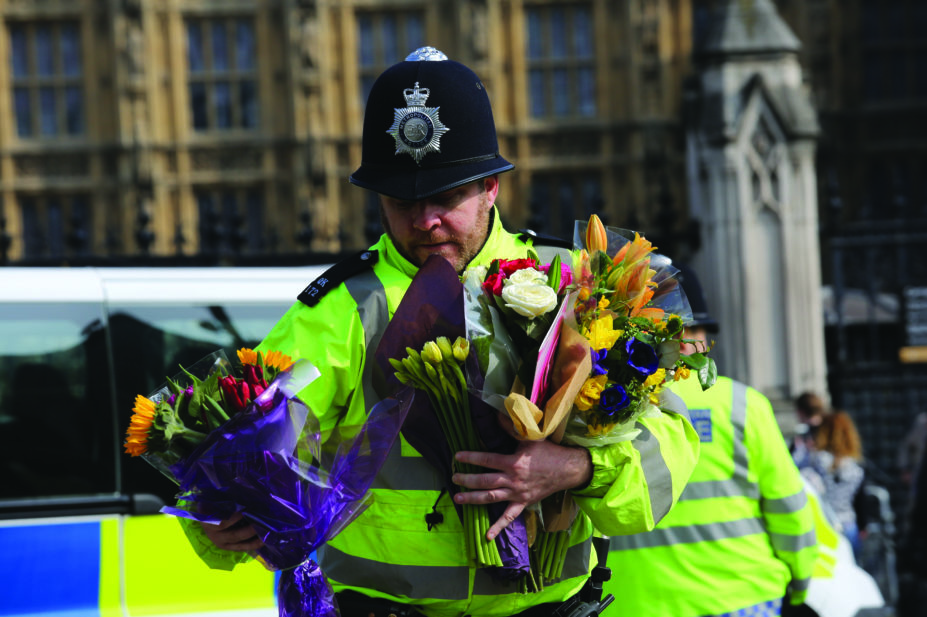
Shutterstock.com
Community pharmacists should monitor staff use of pharmacy computers to see if they are viewing violent videos or listening to extremist speeches, according to new radicalisation and terrorism prevention guidance produced for the sector.
All pharmacy employees should also be “vigilant” to any new acquaintances a patient or member of staff may have that “raise concerns or suspicion, if extremist promotional material is found in any form (leaflets/digital)”, it states.
Staff should also be aware of patients or colleagues that “express new views that seem out of character and related to extremism and terrorism”, the document, produced by the National Pharmacy Association (NPA) says.
Raising concerns
The guidance recommends that staff should raise any initial worries about potential radicalisation of a colleague or patient with their line manager, superintendent pharmacist or pharmacy owner.
They are advised to contact the national Prevent counter-radicalisation programme for more advice if needed. If they are worried that an individual “poses an immediate terrorist risk” they should phone 999.
The guidance has been produced by the NPA following two high-profile terrorist cases involving pharmacists in the past three months.
A pharmacist from London was found guilty of preparing terrorist acts in January 2018 at the Old Bailey and is awaiting sentence. A Leicester pharmacist was found guilty in October 2017 of disseminating terrorist publications and sentenced to six years’ imprisonment.
The NPA guidance says community pharmacy has a role in spotting potential extremists and keeping people safe. It says: “Community pharmacy teams can play a key role, as a trusted healthcare service provider, in identifying and safeguarding vulnerable individuals from radicalisation, and safeguarding the wider population from the threat of terrorism.”
Guidance alert
A letter alerting NPA superintendent pharmacists to the new radicalisation and terrorism prevention guidance has recently been sent out. The letter also draws attention to existing NPA guidance on chaperoning and to two separate cases where pharmacy staff have been involved in inappropriate sexual behaviour involving a patient and colleagues.
In a statement the NPA said: “We have issued guidance on radicalisation and inappropriate sexual behaviour, because these are matters of current concern in society and pharmacies are a reflection of society. As a responsible trade and professional association, we feel that it is appropriate to draw our members’ attention to relevant official guidance.”
The Prevent counter-radicalisation programme has been criticised in the past for stifling free speech in educational establishments through ‘no platform’ policies which some argue are driving students to discuss terrorism, religion and identity issues outside the educational environment.
The General Pharmaceutical Council did not want to comment on the guidance, but as part of planned CPD for pharmacy revalidation it has produced an example to illustrate how an academic might approach learning how to react if they were concerned that a student was becoming radicalised.


